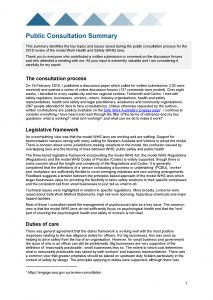 The Independent Review of Model WHS Laws being conducted by Marie Boland released a Public Consultation Summary on August 17 2018. Boland lists the concerns raised with her as including:
The Independent Review of Model WHS Laws being conducted by Marie Boland released a Public Consultation Summary on August 17 2018. Boland lists the concerns raised with her as including:
“the blurring of lines between WHS [work health and safety], public safety and public health”
“The length and complexity of the Regulations and Codes”

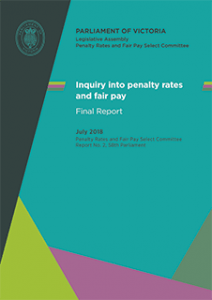 Australia currently has a lot of official inquiries into workplace issues that affect the occupational health and safety (OHS) of workers. It is almost impossible to keep up with them and, as a result, some important voices are being missed, but even if they spoke, there is a strong chance they will not be listened to. The Victorian Government has released the final report of the Inquiry into Penalty Rates and Fair Pay. There are two overt mentions of OHS that don’t seem to go anywhere.
Australia currently has a lot of official inquiries into workplace issues that affect the occupational health and safety (OHS) of workers. It is almost impossible to keep up with them and, as a result, some important voices are being missed, but even if they spoke, there is a strong chance they will not be listened to. The Victorian Government has released the final report of the Inquiry into Penalty Rates and Fair Pay. There are two overt mentions of OHS that don’t seem to go anywhere.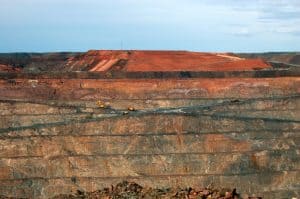
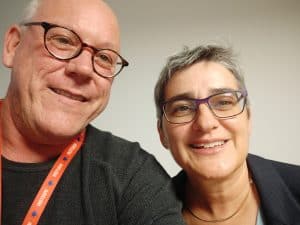
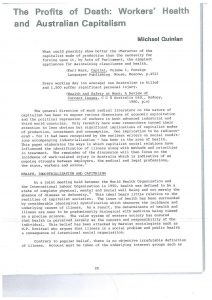
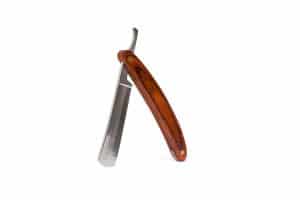 Following
Following 